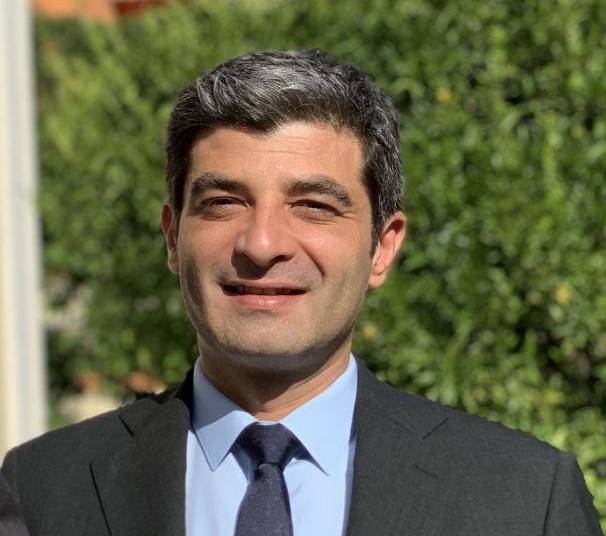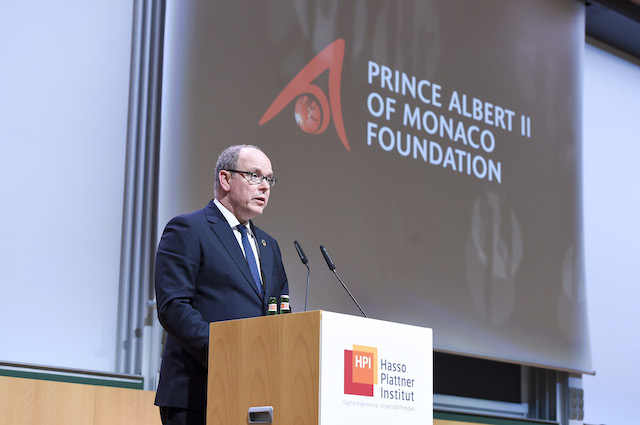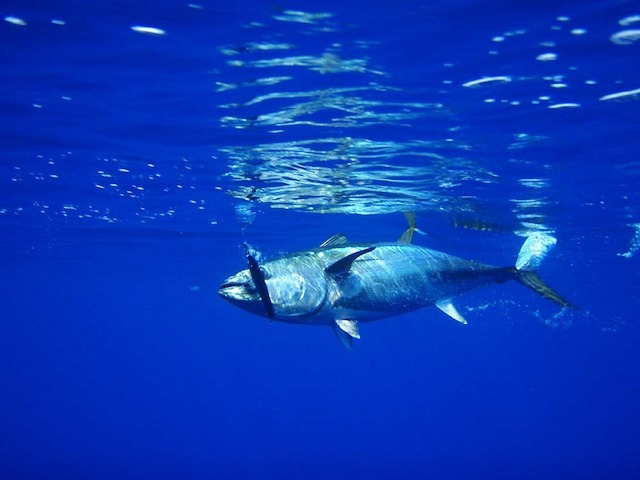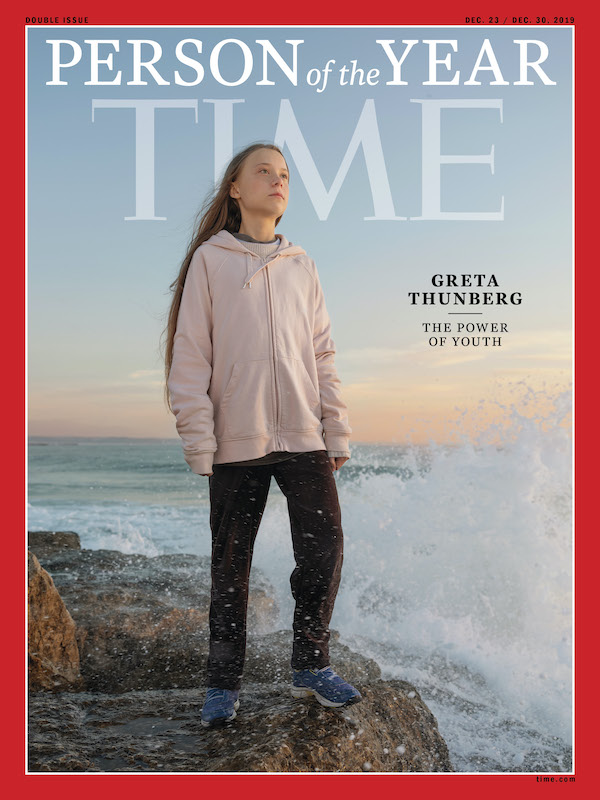Despite setting his sights on diplomacy, the decision makers in Monaco had other ideas for Olivier Wenden. After working his way through the ranks, this 38-year-old Monegasque native is now heading up the most powerful non-profit in Monaco – the Prince Albert II of Monaco Foundation.
Mr Wenden spoke to Monaco Life about what led him to the foundation, the one initiative that he is most proud of, and how his path to diplomacy has come full circle.
Monaco Life: Where did it all begin for you?
Olivier Wenden: I am a Monegasque citizen with a background from Luciana, Corsica, on my mother’s side. I was educated in Monaco and then had the opportunity to attend a summer camp with Andover in the US, thanks to the Monaco USA Association, and I have amazing memories of that time. Then I went to Paris to study a very specific French curriculum called Hypokhâgne – including literature, philosophy and history, before being accepted at Sciences Po Bordeaux studying public economy, international trade, and general culture. Then I went to Paris to do a Masters in International Trade in three languages – English, Spanish and French.
At this point, I wanted to stay in Paris. But one day I met with a head hunter who said to me: “You have a great resume but you are Monegasque, so you don’t really need to work.” It was in 2003 and I thought that, by then, the cliché of Monaco was over. But apparently not for everyone, and it really struck me.
At the same time, I received a very nice opportunity to work at the Grimaldi Forum, which had just been established, with the sales and marketing team. I stayed for two years, before taking a communication position with parliament, at the request of Stéphane Valeri, president of the parliament at the time. Over five years, I worked in everything from communication and international affairs to chief of staff. I was there during negotiations with the Council of Europe and two political campaigns, so I enjoyed returning to political science, which I studied, but also working for my country, which was very important to me. Since the age of 12, I always wanted to work for Monaco, abroad if possible. I had this sense of diplomacy, an urge to be part of the new trend of Monaco, no longer a cliché that people had in their minds.
In 2013 I joined the government in the foreign office, because I still had diplomacy in mind. After a year, Bernard Fautrier, vice president of the foundation at the time among many other responsibilities next to the Prince, called me to come in for an interview because he had created, with the permission of the Prince, a new position in the foundation – executive director. So, it was then that I joined the Prince Albert II of Monaco Foundation and had the chance to not only work for His Serene Highness, but for my country. Prince Albert’s incredible personal commitment to the environment, which is in the DNA of the Grimaldi family, is part of this new image of the Principality and I wanted to be involved in that, to celebrate its incredible past, but to also promote the fact that the country is open to the world in terms of the current challenges that the planet has to face.
On top of that, working with Bernard Fautrier was an incredible experience. He had been here for almost 10 years and initiated such a fantastic journey for the foundation, which today supports up to 500 projects, has a €60 million budget, and more than 100 partners around the world. I feel honoured to have been appointed vice president of the foundation when Prince Albert asked Mr Fautrier to join him as a special advisor on environmental issues. My intention is to continue on the past decade of success, and there’s still plenty to do for the decade to come.
If feels like you have come full circle from the young Monegasque interested in diplomacy, who was directly impacted by this cliché of Monaco, to now heading the very foundation that represents what Monaco stands for today. Do you agree?
Absolutely. For me, today, diplomacy is mainly bridging economy and environment, and that is precisely what I feel we do at the foundation. Our aim is to enable and favour initiatives around the globe that bring development and income to local communities. That is central. We need to put the human at the centre of all of the projects and initiatives that we select. We do it to prove that favouring sustainable development while respecting the environment and biodiversity will enable you to have a win-win situation; to show you can have your sustainable income while preserving your environment.
Today, the question of environmental protection is central in every single conversation we have – with friends, family, national decision makers and, of course, on an international and multi-lateral level. This is clearly the strength of the Prince Albert II of Monaco Foundation – it is the only foundation that is run but an active head of state. All the topics that we tackle can be addressed at the highest political level. It is in our DNA to leverage, to scale up, to lobby in a positive way. So yes, it is central with my education, with what I thought would be important to give back to Monaco. It’s called great diplomacy and it’s what we do on a daily basis, but with appreciation of the fact that we not only talk, we act.
How does the foundation select projects to support and how involved is Prince Albert in that decision-making process?
His Serene Highness heads a local team of 17 people here at the headquarters in Monaco, while there are 10 offices located around the world with only volunteering representatives, one person per country. We are all very humble with the work we can do. His Highness has appointed governing bodies to help him in the selection of these projects. When we receive projects, and we receive around 300 a year, we eliminate the projects that are not within the environmental scope of the foundation – which are fighting against climate change, preserving biodiversity and protecting access to water resources. When a project fits this field of action we then submit it to the Scientific and Technical Committee, made up of 15 experts from different backgrounds and locations, who give their recommendations. These meetings are presided over by the Prince. Afterwards, the projects go to the Board of Directors, who are all international high-level personalities mainly at a decision-making level, who give their final comments or blessing, which are either approved or rejected by the foundation.
We have a priority in the mission statement given by the Prince to act firstly on the Mediterranean, then the polar regions, and finally the least developed regions, which are quite vast. Hence, we don’t give short term support. The average time of support for a project is three years, with multiphases if necessary. For example, the Amur leopard living at the border between Russia and China was hurtling towards extinction. Since 2011, we have supported a project with WWF China and WWF International, which is now in its 4th phase because it has been successful and the Amur leopard is such an emblematic species. Now, the results are quite positive and the Prince actually visited the site in China last year.
Over the past five years, the foundation has placed a real focus on ocean conservation. Not to say that we don’t work at all on biodiversity and climate change, but we felt that we were most needed on this topic.
What achievement are you most proud of?
It is an incredible story, because in less than five years Monaco, the Prince and the foundation truly managed to save a species that was on the brink of extinction – the Mediterranean Bluefin Tuna. Experts approached the Prince and the foundation and said that there was only two years left of stock in the Med. His Serene Highness very bravely said that he will address the problem and requested that the species go on the red list, which meant it would not be fished anymore. There was a vote at the International Union for Conservation of Nature (IUCN) and it was not approved, so the Bluefin was not on the red list. However, the media attention was so great that the European Commission had to act. The fishing quota was raised, there was a better monitoring of the situation, and increased education for fisherman.
Meanwhile, spontaneously, the restaurants in Monaco kicked into action without having any formal government direction and decided that Mediterranean Bluefin Tuna would no longer be served in the Principality. For me, that was the first civil society movement in favour of a species or the environment without any incentive or lobby behind it. It was just an inner feeling by the people in Monaco that they needed to act.
So that for me was a source of optimism, surprise, and encouragement that this is possible. And so it should be.
Do you get discouraged then when you see powerful entities, like the American government, pulling out of sustainable initiatives like the Paris Agreement?
Yes, but in parallel, I think people and companies are no longer waiting for a miracle to happen or for their national government to act. In the United States, many cities and states are not waiting for the federal government to move on climate change, they are choosing to follow the Paris Agreement regardless of the official position of the USA.
At our level, we felt that there was a pivotal moment two or three years ago when companies started to introduce scalable industrial solutions.
So, there is a time for political debate and discussion, and there is a time for action. Both are operating in parallel, it seems, and we hope that they will be aligned at one point.
Greta Thunberg was recently selected as TIME magazine’s Person of the Year. How much hope do you place in someone like Greta?
I think she is a catalyst; a symbol; an icon. The young international generation have found in her an example – she is a person who says what is on her mind. Greta Thunberg represents a generation, she expresses a fear, and she has the will to act and to be more transparent on the topic. If the young generation is not willing to accompany the change, then the planet is doomed.
But I do think that the orientation, strategies and decisions have to be made by the generation above, the people in charge right now. We can’t afford to wait another decade for decision makers to make the right choices. The Greta Thunberg generation is putting on pressure – politically and economically. And having economic pressure on companies is usually the best way to implement change. Millennials will no longer buy randomly, they will buy with values, and among those values are ethics, environmental protection, sustainability and meaningful buying. So, with all these values they will, in a way, be part of the change, even though they are not the decision makers of the time.
How does the foundation support the future generation?
For many years now, the foundation has supported Students on Ice, a programme which enables two pupils from Monaco to go to the Antarctic and the Arctic regions with 120 other students from around the world, accompanied by scientists, dignitaries, historians and artists. They see the beauty of these landscapes and witness first-hand the impact of climate change. When they return home, they give a speech in front of HSH Prince Albert and fellow pupils, and every year we hear the same kind of response: “This trip has changed my life, firstly to be a part of this group, and also to have witnessed the beauty of this planet”.
Some of those students are now focusing their education and future careers on environmental projection. So, this is a project that literally changes the lives of teenagers and shapes their futures.
Read also:
Prince’s Foundation to help restore Australian ecosystems
Prince’s foundation helps Bangladesh cope with climate change
Top photo: Olivier Wenden © NM.




